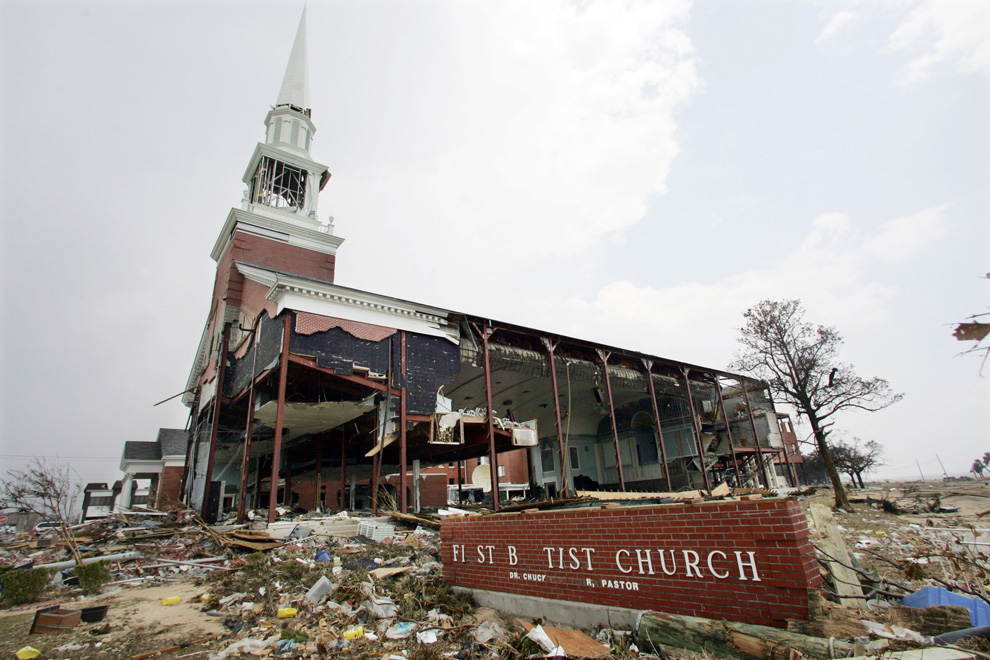Comments that one reads or hears from many Christians often revolve around the term “truth”. The “truth” is generally presented as synonymous with Christianity and is used as a way to push back against modern relativism.
But what is forgotten is the inherent relativism of modern Christianity.
According to Gordon-Conwell Theological Seminary, there are now over 40,000 Christian denominations in the world, up from a mere 500 in 1800. For those who are not Christians, a denomination is generally a body of Christians who hold to certain doctrines and are usually united through an administrative body.
While there were schisms and heresies within early Christianity (e.g. Arianism, Gnosticism, Montanism, etc.), it is fair to say that until the Great Schism of 1054 AD between Roman Catholics and Eastern Orthodox, there was only one Christian denomination – Catholic. And that disagreement was fundamentally over which body was the one, true church.
The explosion of Christian denominations ensued with the Protestant Reformation instigated by Martin Luther in 1517 and followed by Calvin and then many others. Early on, both Calvin and Luther argued that their churches represented the one, true Christianity. But that didn’t last long as more and more individuals and groups claimed that they were the true representation of the Christianity.
As Richard Weaver wrote in Ideas Have Consequences, “For four centuries every man has been not only his own priest but his own professor of ethics…” That applies to Christianity, too. Each man is able to create his own doctrine based on his interpretation of the Bible and the faith.
Yet, doctrinal differences are no small matters. If they weren’t, why even have different denominations? An example of a doctrinal difference would be the question about whether or not individuals can fall away from the faith. For Catholics, Orthodox, and some Protestants, individuals who claimed to be Christians can later reject it or just drift away, to spend eternity not in heaven, but rather in hell. On the other hand, many Protestants would reject this idea, arguing that once a person is “saved”, he is always saved. There are, of course, other variations or nuances on the topics put forth by even more denominations.
Another topic that divides Christians is divorce and remarriage. For Catholics and some Orthodox and Protestants, it is an act of adultery to divorce and remarry, potentially putting a soul on the path to hell. Yet, for many Protestants and some Orthodox that is not the case. Either way, there are serious implications for how a Christian lives his life on earth and whether or not he may enter into the presence of God in the next life depending on which doctrine is correct.
In the recent past, doctrinal differences were taken much more seriously, even within Protestantism. People understood that a Methodist wasn’t the same as a Baptist or a Presbyterian, and certainly not the same as an Anglican, Catholic, or Orthodox. They understood that doctrinal differences actually changed the character of the religious beliefs of adherents. Today, though, those doctrinal differences are often brushed aside as long as someone believes that “Jesus is his savior”. How much different is that from secularism’s view that personal beliefs don’t matter as long as we tolerate each other by being “nice”?
For those looking at Christianity from the outside, the divergence of belief within Christianity is a major challenge. Christians claim the “truth” outwardly, but inwardly they are full of significant conflicts and contradictions when it comes to that “truth”. To whom does a non-Christian go to learn the “truth” of Christianity? A Catholic, an Orthodox, a Protestant?
If Christianity hopes to be relevant to the 21st century and to serve as a distinct alternative to modern secularism, it is going to have to reverse the division and pursue unity. At present, it looks far too much like the modern relativism it claims to reject.
















Leave a Comment
Your email address will not be published. Required fields are marked with *